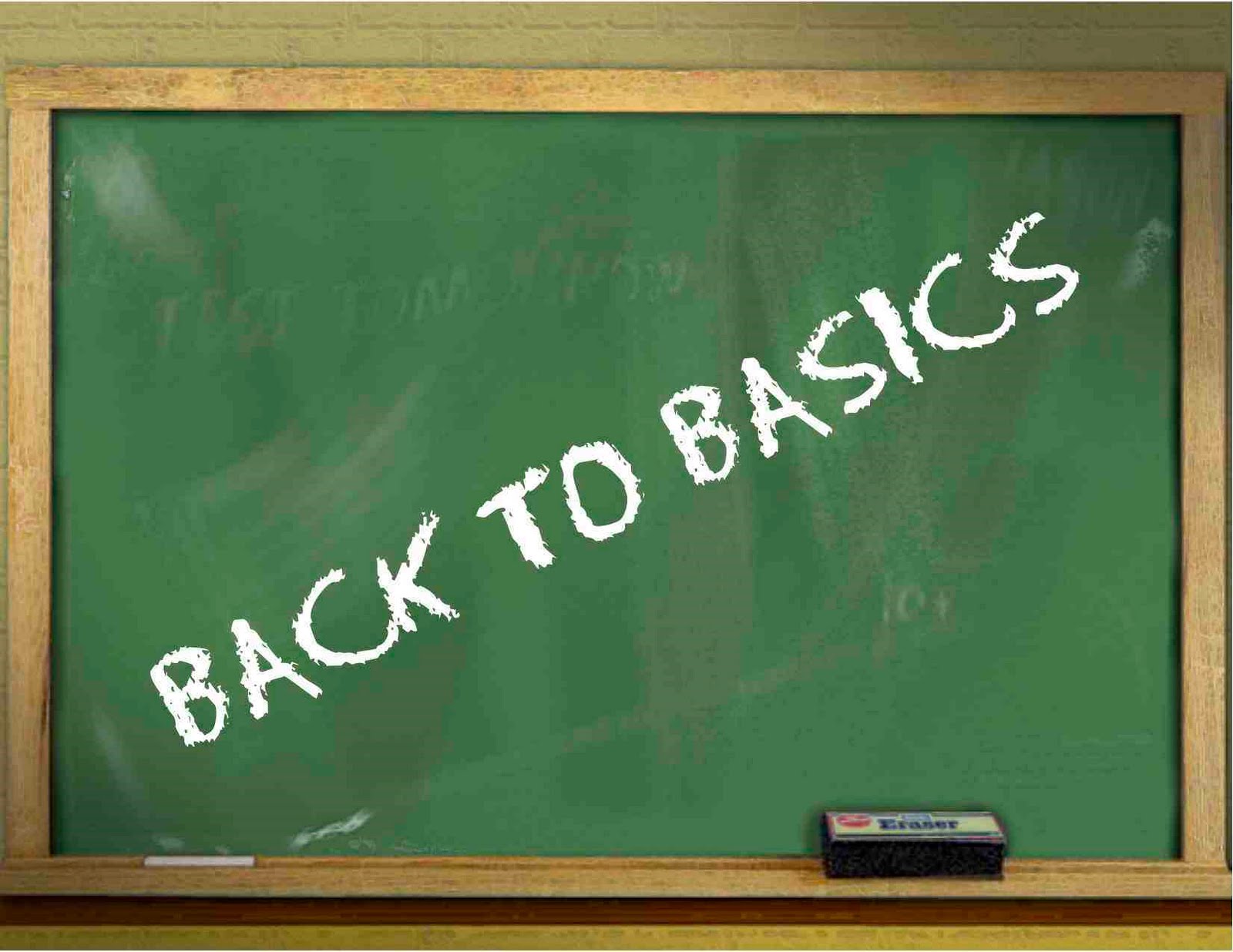
I think my mouth was agape. Even if it wasn’t, I was dumbfounded. I need a second to compose myself, so I stalled by asking, “can you repeat the question?”
The student kindly obliged, “What exactly is a social institution?” The question didn’t throw me, but rather the fact that it was two weeks from the end of the semester. “Okay, who can help answer this question. What is a social institution?” I stood there repeating the question like Ferris Bueller’s teacher calling role. No one knew the answer or at least no one felt confident enough in their understanding of the concept to put themselves out there.
I wasn’t dumbfounded at their ignorance, but rather my own. I had been teaching for months, using all of the core terms of sociology, assuming that they all knew what I was talking about. But clearly they didn’t. We worked on it for the rest of the class and I found that most of them understood the concept broadly (e.g. “That’s like the government or education and stuff, right?”). However, none of the students could have given me anything close to a concise definition.
Didn’t You Take Soc 101?
Being that social change is an upper division course with Intro to Sociology as a perquisite, my first impulse was to blame their 101 instructor, but then I realized that for many of these students I was their 101 teacher. My next thought was, I’m not nearly as good of a Intro to Sociology teacher as I had thought; I mean, if students don’t leave my class with this fundamental concept, haven’t I failed them? Slowly I realized the problem wasn’t in how I taught them, but rather how I was thinking about the learning process.
Teachers often suffer from what I call the lecturer’s fallacy which posits, if we talked about it in class they learned it. While I call it the lecturer’s fallacy, it also holds for teachers who do more “guide on the side” activities like student directed learning, classroom assessment techniques, and the like. Basically, it’s the idea that if you showed me you learned it yesterday you should be able to demonstrate mastery over the concept today. But, this is not how learning works.
Hearing something once or even learning something in a more hands on way one time, does not mean that mastery has been developed. I learned about red shifting, blue shifting, and the Heisenberg Uncertainty Principle in an Astronomy class as an undergrad, but I would fail a test on these subjects today. I’d also struggle to learn new concepts that built upon any or all of these concepts I had previously learned.
Students very well may have learned all of the core concepts from a Intro to Sociology Class, but they may have no idea how to apply those concepts to situations outside of the class they learned it in. If students took 101 with a different teacher than their current courses and if the language the teachers used to describe the concepts were vastly different, students may be unable to transcode lessons learned from intro into the new teacher’s framework. I could go on here, but rather than bluster on, I’ll just suggest (again) that you read more about this issue of learning and many others in How Learning Works by Susan Ambrose et al.
The Solution? 101 for Everyone.
Starting this semester and for the rest of my career, I’ll be spending the first few days of class reviewing and assessing students understanding of core concepts like social institutions, the sociological imagination, culture, socialization, structure & agency, and basic social theory (you can download my 101 review handout here). Some of you are likely thinking, “but aren’t you going to have to cut out important concepts from your upper division classes?” To which I’d say, yes unfortunately I will. However, I hope that by spending time on the foundation of sociology, my students will be able to learn a greater proportion of course specific concepts that remain.


